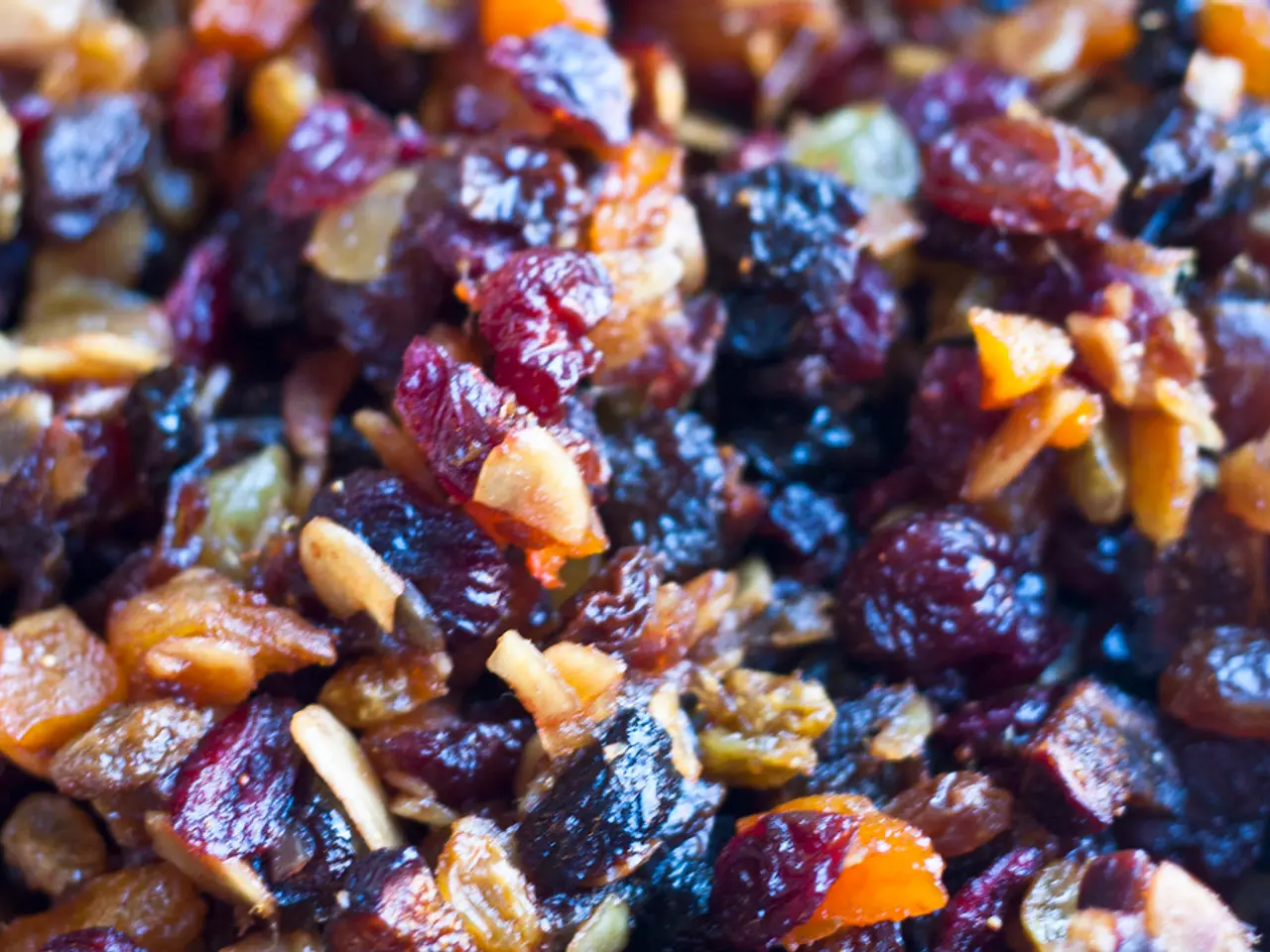Cultivated fat production gets USDA approval from Mission Barns, launch slated for Q3
In the ever-evolving world of food technology, the market for cultivated animal fat is gaining traction, driven by a surge in consumer interest in alternative proteins, regulatory approvals, and scalable production methods.
This year, two companies, Mosa Meat and Ever After Foods, have raised significant funds, with $43 million and $10 million respectively, signalling a promising future for this niche market. One of the key players in this space is Mission Barns, a startup that has received USDA approval for its production facility and FDA approval earlier this year for growing animal fat in bioreactors.
The approval marks a landmark development, allowing the first commercial sale of lab-grown animal fat products in the US market. Mission Barns' cultivated fat ingredient is prized for enhancing taste, mouthfeel, and cookability in alternative protein foods, addressing a key barrier for consumer acceptance.
The company is currently running limited product trials with retail and food-service partners, and aims to scale production commercially. Their strategy is more capital-light compared to other companies in the sector, as they focus on a business-to-business model and realistic unit economics.
The products will combine plant-based proteins and small amounts of cultivated pork fat. Mission Barns' cultivated pork fat will debut in meatballs and bacon at San Francisco-based restaurant group Fiorella and in meatballs at a Sprouts Farmers Market store in the Bay area in Q3. The retail label for the cultivated meatballs will read: "Cultivated meatballs. Contains real pork without the pig, cultivated pork & plant protein."
Mission Barns is targeting partners with existing infrastructure for larger-scale production, and plans to license its bioreactor technology to third parties for larger-scale production instead of funding a larger facility in-house. Given the efficiency of the bioreactor design, Mission Barns believes it can be competitive with conventional pork fat at 20,000 litres.
The broader cultured meat market, which includes muscle tissue and fat, is projected to grow exponentially from around $800 million in 2025 to over $4 billion by 2035. Poultry cultured meat leads the sector currently due to its rapid cell growth and cost-effectiveness, but fat products are emerging as critical components for flavour and product quality.
The retail label for the cultivated meatballs will read: "Cultivated meatballs. Contains real pork without the pig, cultivated pork & plant protein."
The regulatory piece has been exciting for the industry, addressing concerns about regulatory hurdles. In addition to Mission Barns, Wildtype has also received regulatory approval for cultivated salmon this year. However, funding for cultivated meat has significantly decreased, with almost no private capital in 2023 and 2024 compared to the peak in 2021. Many agrifoodtech companies have been slashing headcount, consolidating, and closing operations due to funding challenges and questions about economic and technical viability.
Despite these challenges, the demand for sustainable and ethical food products, coupled with technological advancements enabling scalable production, ensures a promising future for the cultivated animal fat market. Many believe there is potential to create a new generation of products for consumers dissatisfied with current plant-based offerings and not prepared to compromise on taste.
The Science and Technology sectors intertwine as Mission Barns, with FDA and USDA approvals, develops cultivated pork fat to enhance alternative protein foods, innovating in the field of food technology. In the Finance realm, Mission Barns has successfully secured funds for its promising future in the cultivated animal fat market, attracting investments of $43 million and $10 million from two companies, Mosa Meat and Ever After Foods respectively.




